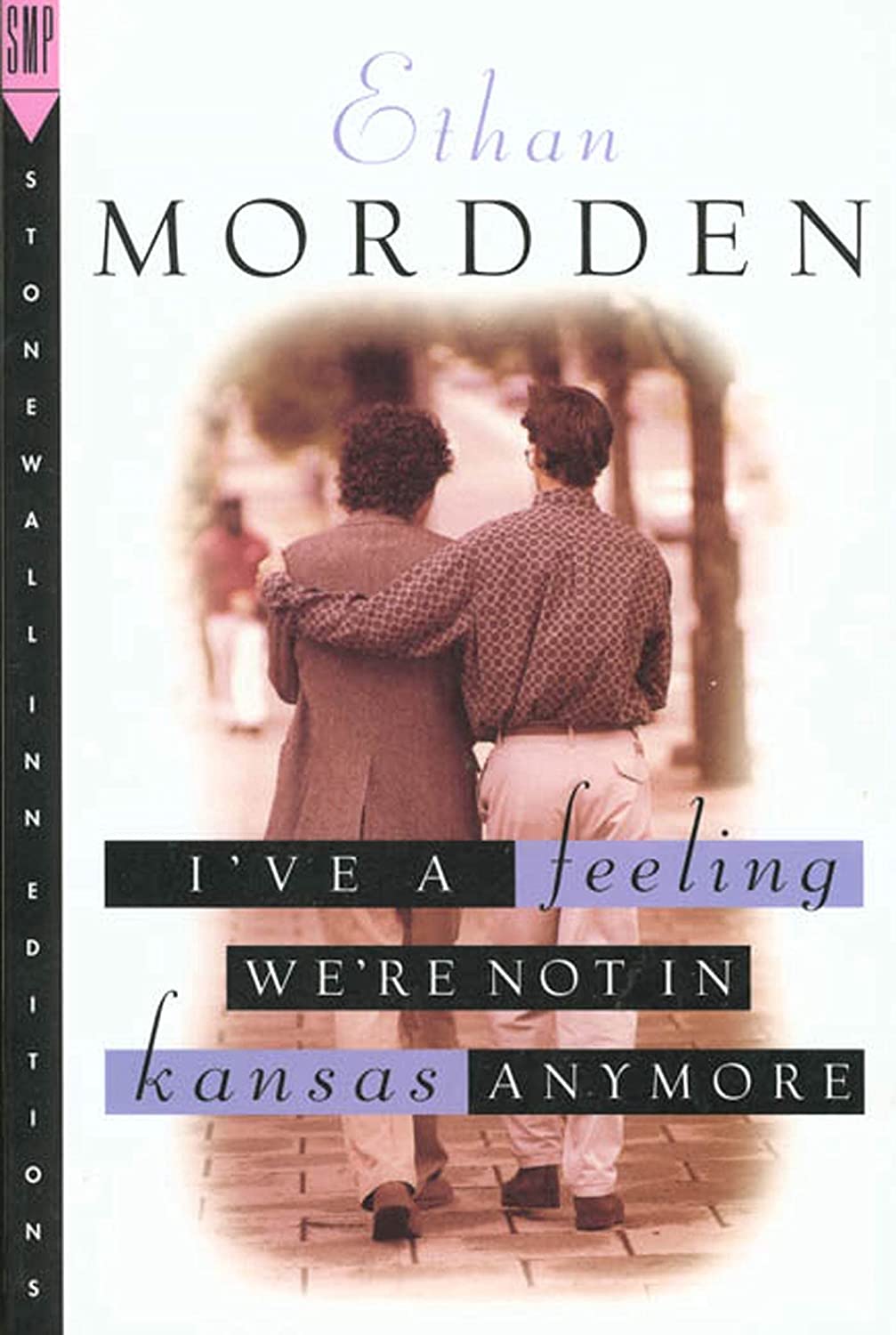What do you think?
Rate this book


208 pages, Paperback
First published September 1, 1985
Dennis Savage, when he heard, was shocked silent for a good two minutes, an ideal condition for him. Our Mac—so he had become, for to befriend him was to own him—consorting with sex-show debris?